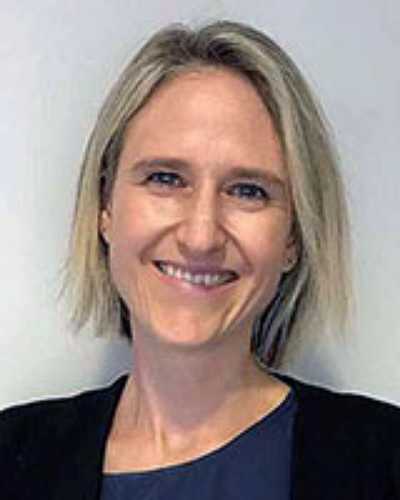Now published, see the full article 
Early Abstract:
Introduction: The timely translation of research into practice and local policy is critical to improving healthcare delivery in rural and regional settings, and remains a concern for researchers, health professionals, health managers, and policymakers alike. Successful and sustained research translation does not occur without concerted effort, support, and strategies to build research translation capacity and capability. Research capacity comprises individual and organisational capabilities. This study is primarily focused on individual capabilities. Health professionals working in rural and regional settings, where research activity and infrastructure are generally less mature than that seen in metropolitan areas, need additional support and skills to build their capability to engage in translation-focused research. This study aimed to explore rural health research stakeholders’ perspectives on capability building needs for emerging researchers to enable the translation of research into health practice.
Methods: Using a qualitative description methodology, three online focus groups were conducted to explore participants’ understanding of research translation, and their perceptions of the supports that are needed to build capability for emerging health professional researchers to undertake translation-focused research. Emerging health professional researchers (emerging researchers hereafter) are health professionals who have little or no formal training or experience undertaking research. Data were analysed using a five-stage framework approach.
Results: Participants included emerging researchers (n=12), research mentors (n=3), and health managers (n=4) from six rural or regional organisations, including four health services, one university and one Primary Health Network in Victoria, Australia. Participants’ conceptualisation of research translation reflected previously documented definitions: that is, research grounded in health practice and characterised by adaptation of existing research evidence to local settings via implementation. Four key themes related to research translation support for rural and regional health researchers were identified: (1) understanding the study and translation context is vital to enacting change; (2) engaging with stakeholders identifies research and translation priorities and suitable approaches (3) mentor and managerial support assists navigation of research translation activities, and (4) access to clinical and research networks promotes research translation partnerships and collaborations.
Participants highlighted the need to identify and train appropriate research mentors and health leaders who can support translation-focused research at the emerging researcher level. The need for training that targets fundamental research translation skills, including systematic processes for engaging stakeholders and collaborative priority-setting, and the processes to analyse both the research study and research translation contexts, were also identified as important.
Conclusion: Given their understanding of the local community and health context, rural and regional health professionals are ideally placed to engage in translation-focused research; however, they require multiple types of research capability development through several levels of influence. This includes support and guidance to ensure their endeavours align with and leverage organisational and regional priorities for research translation. These findings can inform approaches to research capability building through training and resource provision, and organisational infrastructure development and capacity building, to support the rapid translation of research into clinical practice.


